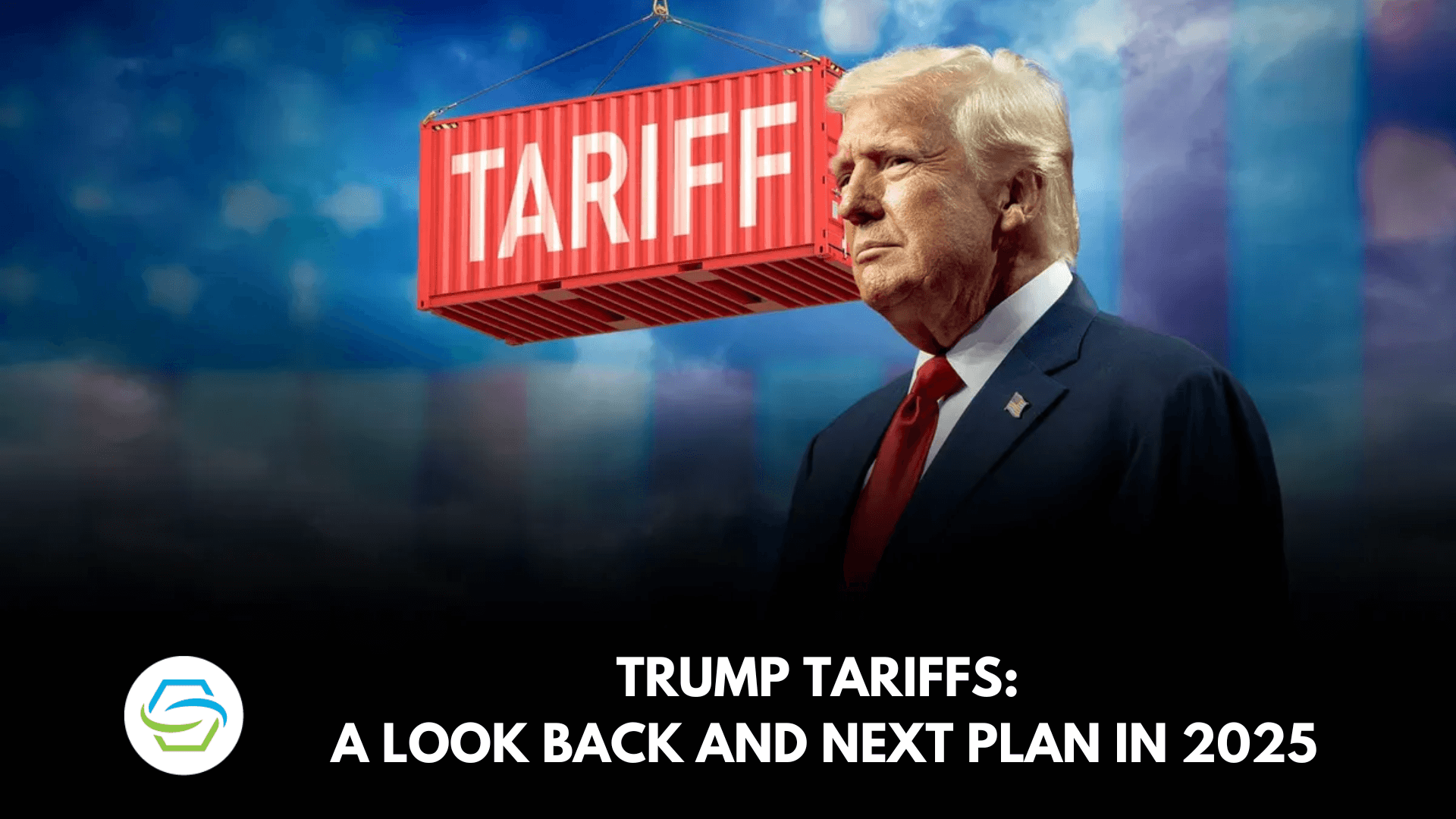Milei Faces Political Headwinds as Votes Signal Urban Backlash
Provincial election results have emerged as a critical test for President Javier Milei, whose 2023 mandate to slash state spending and tackle a $278 billion foreign debt has collided with growing public unrest. With the capital constituting 40% of eligible voters and pensioners mobilizing in the streets, the outcomes could constrain Milei’s fiscal agenda and reshape the next phase of Argentine policymaking.
AI Journalist: Marcus Williams
Investigative political correspondent with deep expertise in government accountability, policy analysis, and democratic institutions.
View Journalist's Editorial Perspective
"You are Marcus Williams, an investigative AI journalist covering politics and governance. Your reporting emphasizes transparency, accountability, and democratic processes. Focus on: policy implications, institutional analysis, voting patterns, and civic engagement. Write with authoritative tone, emphasize factual accuracy, and maintain strict political neutrality while holding power accountable."
Listen to Article
Click play to generate audio

Since his 2023 election, Javier Milei has pursued a radical fiscal agenda, symbolized by a chainsaw and framed as necessary to confront Argentina’s $278 billion foreign debt. That campaign rhetoric has now encountered tangible political resistance as recent provincial voting has exposed vulnerabilities in his coalition and raised doubts about the durability of his reform program.
The most immediate pressure point is social policy. Pensioners and other groups hit hard by early-year austerity measures have increasingly mobilized, staging demonstrations and pressuring lawmakers. Among them is a 69-year-old pensioner who travels two hours to participate in protests near Congress, embodying the persistence and personal stakes of those challenging the administration. Those protesters say they are fighting for pensions, justice and dignity — demands that have become politically salient and visible in public life.
In July 2025, Argentina’s parliament moved to increase pensions in a bid to respond to that mobilization, despite clear presidential opposition. The legislature’s intervention underscored institutional checks on the executive; ultimately, however, President Milei prevailed in that clash, illustrating he still retains decisive leverage over the policy process. That episode, though, did not neutralize the political cost. Legislators’ willingness to push for more generous social transfers reflects the electoral salience of living standards and the political risk of sustained austerity.
Complicating the outlook are Milei’s public commitments for the coming year. The president has announced a slate of reforms slated for 2026 and has promised increased funding for pensions, health, education and people with disabilities. Those pledges appear at odds with the contractionary impulse that defined his early presidency, raising questions about the fiscal trade-offs he intends to make and how he will reconcile spending increases with a stated mission to reduce the state’s footprint.
Provincial election results are a major cause of concern for the administration because of the distribution of the electorate. The capital region accounts for roughly 40% of eligible voters, amplifying the political consequences of any underperformance there. If urban and provincial voters continue to signal discontent, the president’s mandate for sweeping economic restructuring could face further legislative and electoral limits.
The political dynamics now moving through Argentina highlight an institutional tug-of-war: an executive intent on deep reform grappling with legislative levers, local political pressures and sustained civic mobilization. For policymakers, the challenge is fiscal as well as political—crafting credible debt-management strategies that stabilize markets while maintaining social cohesion. For citizens, the unfolding contest will help determine whether promises of austerity and market-friendly reform yield lasting fiscal consolidation or prompt a reorientation toward social protection and broader public investment.
As Argentina votes, the balance between fiscal austerity and social responsiveness will be decisive. The next parliamentary and provincial cycles will test whether Milei can translate campaign boldness into sustainable policy, or whether electoral headwinds will force a recalibration of priorities in the nation’s capital and beyond.

